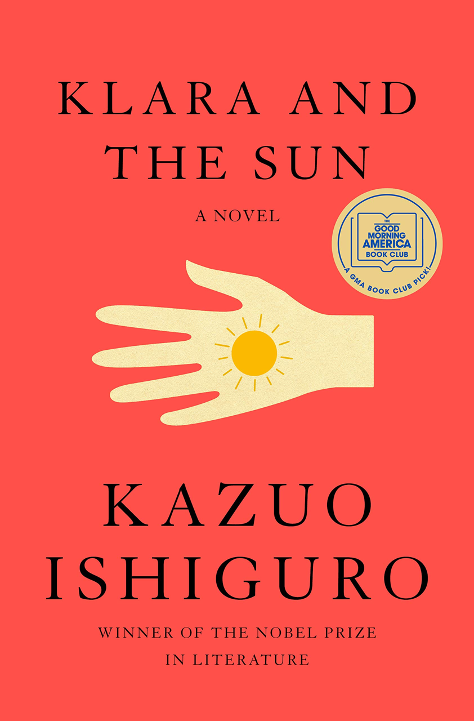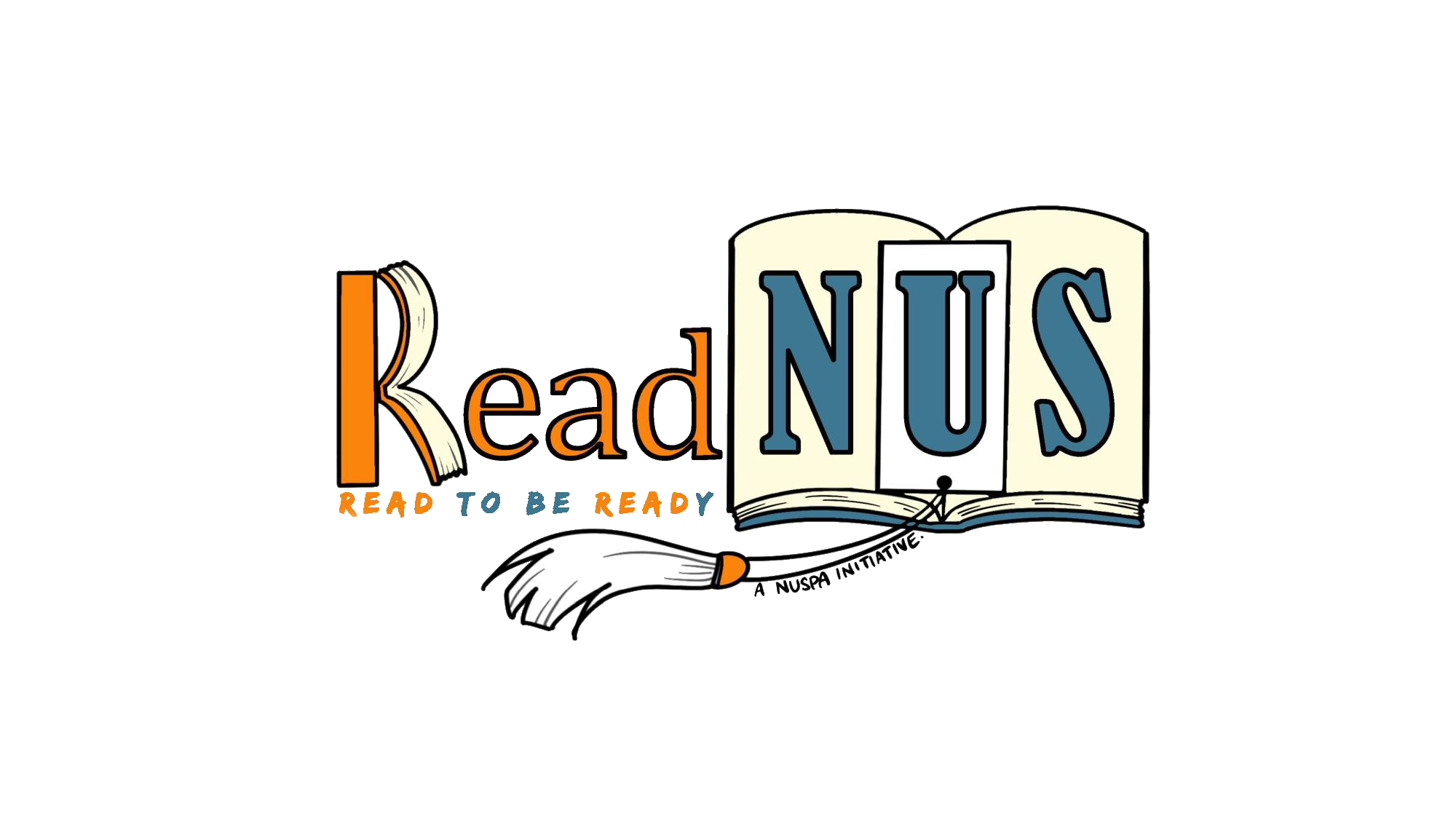Time flies, and it has just been over a year since ReadNUS was launched to promote reading and provide literary resources for the NUS community. As our first EXCO looks back on their time at ReadNUS, we invite 3 of them to share their thoughts on Kazuo Ishiguro’s latest book, Klara and the Sun.

Review of the book in 230 characters or less
Preetea: Ishiguro paints an optimistic dystopia of a world where humans and artificial intelligence friends live together. While the book has a lot of potential, it is a pity that the book felt rushed and inadequately developed at times.
Saishwar: The first half of this book is beautifully written as Ishiguro explores how artificial intelligent species and humans could co-exist in the future. The second half however gets sort of convoluted as more characters get introduced.
Bryan: This is a book which had the great potential to be a classic with diverse themes such as love and A.I. but it is ultimately let down by the uneven pacing throughout the book. I was expecting much more and felt slightly disappointed.
How did you discover this book?
Preetea: Bryan, the ReadNUS editor, as well as a fellow ReadNUSprogrammes friend of mine, recommended the book to the EXCO to review. Moreover, when I viewed the Kinokuniya website, the book was constantly on the bestsellers list, which further encouraged me to read the book.
Saishwar: Saw a couple of articles about this book in the lead up to its release, like on NYTimes, and it kept appearing on my Goodreads homepage as well!
Bryan: Similar to Saishwar, I recall reading about the book from some articles when it was first released, but I did not really have the time to read it at the time. It was Saishwar who actually came up with the idea of reviewing the book given Ishiguro’s prominence in literary circles. I must admit that I am more of a non-fiction reader, but it was refreshing to revisit fiction books again after such a long time and I eagerly accepted this challenge!
Best part of the book?
Preetea: Klara’s innocence, especially in the beginning of the novel, was refreshing, as it was interesting to see how AI could potentially function amongst the human race. Klara’s simple, yet important insights into human emotions, especially at the beginning of the novel, was touching.
Saishwar: Seeing the world through Klara’s eyes at the start of the book while she was in the store, and how she interpreted the actions and thoughts of humans over the course of some weeks.
Bryan: I would agree with Preetea and Saishwar regarding that. I think many traditional representations of A.I. seem to present them in a negative light and Ishiguro’s descriptions of Klara’s thoughts really kept me engaged throughout the first half of the book.
Parts that were not so good?
Preetea: What Ishiguro was trying to put across was often unclear. Whilst deliberate ambiguity is a tool employed by many authors, Klara and the Sun introduces many themes, from artificial intelligence to environmental pollution, his point regarding any of these themes never quite came across, leaving readers slightly confused. While Klara is certainly an intelligent being with the ability to produce insights, her insights or what she views about the human race, isn’t particularly profound. Due to her role as an AI friend and the book portraying her point of view, often the story feels rather incomplete.
Saishwar: By the end of the book, I was still confused as to what Ishiguro was trying to say through this story. He touches on a range of themes like motherhood, friendships, environmentalism and artificial intelligence, but doesn’t delve too deep into them and present something new. Sure, maybe the lack of new insights might be due to having a character like Klara (who looks at things in a very literal manner) as the narrator, but I wish he would have figured out a way to do so.
Bryan: While I appreciate that Ishiguro brought in many themes that he attempted to highlight throughout the book, the uneven pacing at times and the fact that so many themes were introduced in the second half made me wonder if Ishiguro had to cut short the length of the book due to the requirements of the publisher, and I felt less engaged at that stage of reading the book.
The book appeals to…
Preetea: People who are interested in artificial intelligence and the impact they may have in daily interactions.
Saishwar: Despite my criticisms, I think most people would still find something to enjoy in this, especially if they are curious about understanding new ways to look at human interactions.
Bryan: Readers who enjoy seeing the parallels in the plot with the many current and potential issues which we face now and in the future. This could be a good introductory book for people who’re new into the science fiction genre too, notwithstanding the flaws in its plot pacing and the introduction of themes.
Other good reads after finishing this book?
Preetea: If you like Ishiguro’s simple yet intriguing novels, The Remains of the Day is a book that you must read.
Saishwar: If it is something else which delves more into sci-fi, Recursion by Blake Crouch is a must read
Bryan: That would be Ender’s Game by Orson Scott Card for me. I really enjoyed its themes that touched on areas such as the nature of humanity, war and consequences and it was one of the few science fiction books I really enjoyed.
